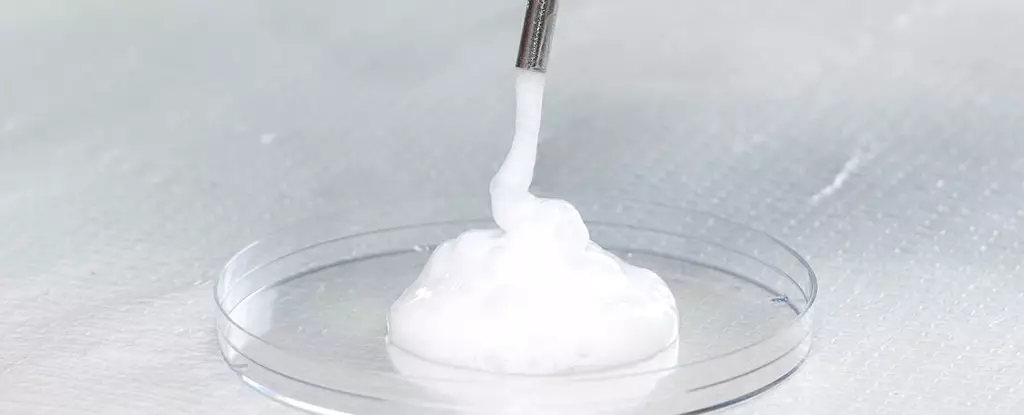In recent studies, researchers have discovered a surprising phenomenon: cancer patients who smoke tend to have better outcomes when treated with autophagy inhibitors. Autophagy is a cellular process that cancer cells manipulate to promote their own growth. This observation has led scientists to explore the role of carbon monoxide (CO) in inhibiting autophagy and potentially improving cancer treatment outcomes. Through the development of Gas-Entrapping Materials (GEMs), researchers have created a foam infused with CO that has shown promising results in tests conducted on mice and human tissue in the lab.
Despite attempts to block autophagy as a means of combating cancer, previous studies have yielded mixed results. However, when researchers analyzed the data from these studies, they discovered that smokers had a more positive response to autophagy inhibitors compared to non-smokers. Additionally, smokers experienced a significant decrease in the size of their tumors. This intriguing observation prompted researchers to investigate the potential role of carbon monoxide, which is more prevalent in the bodies of smokers, in blocking autophagy and killing cancer cells.
To explore the link between carbon monoxide and autophagy inhibition, researchers developed a technique for creating GEMs. These GEMs allowed for the creation of a foam that could be safely consumed and contained added carbon monoxide. The foam was then tested on cancerous cells from mice and humans cultured in the lab, as well as on mice with pancreatic and prostate cancers. In combination with autophagy inhibitors, the foam yielded significant reductions in tumor growth and progression. These promising results indicate that carbon monoxide may indeed play a role in killing cancer cells through autophagy inhibition.
While further research and clinical trials are necessary to determine the efficacy of carbon monoxide foam in cancer treatment, the initial findings are encouraging. If proven successful, this foam could provide a new and effective approach to reducing tumor spread. The researchers involved in this study believe that the carbon monoxide foam may have the potential to work on various types of cancers, broadening its applications for cancer patients. However, it is important to ensure that any treatments developed are safe for consumption. The team is committed to understanding exactly how these treatments enhance the anti-cancer fight to ensure their safety and effectiveness.
The emerging link between carbon monoxide and autophagy inhibition is a groundbreaking discovery in the field of cancer research. The development of a foam infused with carbon monoxide offers a promising new approach to cancer treatment. With further research and clinical trials, this innovative treatment option could potentially improve outcomes for cancer patients. By harnessing the benefits of carbon monoxide, researchers aim to unlock new therapeutic possibilities and advance the fight against cancer.



Leave a Reply